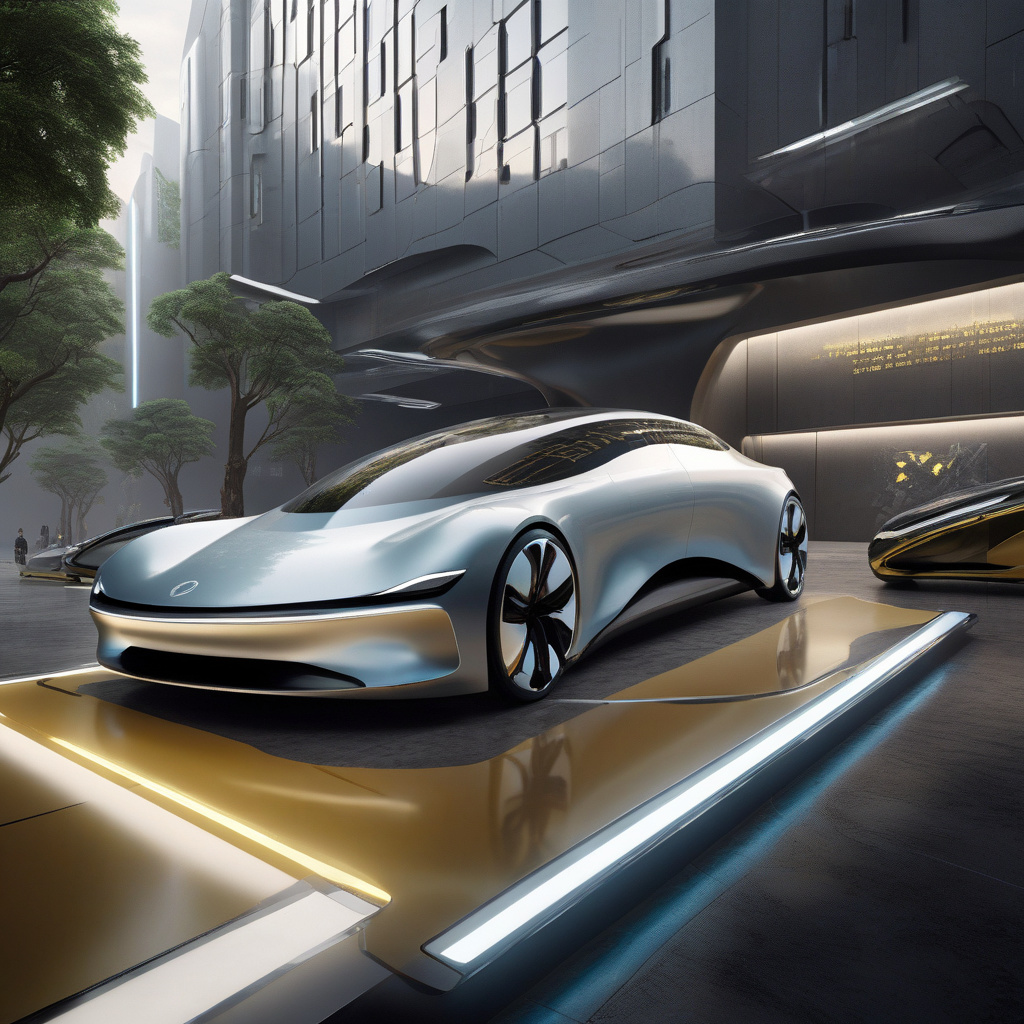China’s Battery Giants Target EV and Air Taxi Revolution with Solid-State Tech
As the demand for electric vehicles (EVs) and air taxis continues to surge, China’s battery giants are setting their sights on solid-state technology to revolutionize the industry. Solid-state batteries have the potential to provide higher energy density while also being cheaper and safer than traditional lithium-ion batteries, making them a game-changer in the world of transportation.
With the global push towards cleaner and more sustainable modes of transportation, the need for advanced battery technology has never been greater. Solid-state batteries offer significant advantages over conventional lithium-ion batteries, including increased energy density, faster charging capabilities, longer lifespan, and improved safety due to the absence of flammable liquid electrolytes.
China, known for its prowess in battery manufacturing, is home to some of the world’s largest battery producers, including Contemporary Amperex Technology Co. Limited (CATL) and BYD Co. These companies have been investing heavily in research and development to commercialize solid-state batteries for a wide range of applications, from consumer electronics to electric vehicles and even urban air mobility vehicles like air taxis.
CATL, the world’s largest EV battery supplier, has been at the forefront of solid-state battery development. The company recently announced a breakthrough in solid-state battery technology, claiming to have developed a battery with an energy density of 500 watt-hours per kilogram (Wh/kg) and the potential to reach 600 Wh/kg in the near future. This is a significant improvement over the current energy density of around 250 Wh/kg for lithium-ion batteries, offering the promise of longer driving ranges for EVs and extended flight times for air taxis.
Similarly, BYD, a leading Chinese automaker and battery manufacturer, has been ramping up its efforts in solid-state battery research. The company aims to deploy solid-state batteries in its electric vehicles by 2023, with plans to further scale up production to meet the growing demand for high-performance batteries.
The adoption of solid-state batteries in EVs and air taxis could have far-reaching implications for the transportation industry. Electric vehicles powered by solid-state batteries could potentially travel longer distances on a single charge, making them more attractive to consumers and helping to accelerate the transition away from internal combustion engine vehicles. Air taxis equipped with solid-state batteries could offer quieter, cleaner, and more efficient urban air mobility solutions, revolutionizing the way people commute in congested cities.
In addition to their applications in transportation, solid-state batteries also hold promise for energy storage systems, grid stabilization, and renewable energy integration. By enabling the widespread adoption of renewable energy sources such as solar and wind power, solid-state batteries could play a crucial role in reducing greenhouse gas emissions and combating climate change.
As China’s battery giants continue to invest in solid-state battery technology, the race to commercialize this next-generation energy storage solution is heating up. With the potential to drive the EV and air taxi revolution forward, solid-state batteries are poised to reshape the future of transportation and energy storage, paving the way for a more sustainable and electrified world.
#China, #SolidStateTech, #EVRevolution, #AirTaxi, #BatteryInnovation












